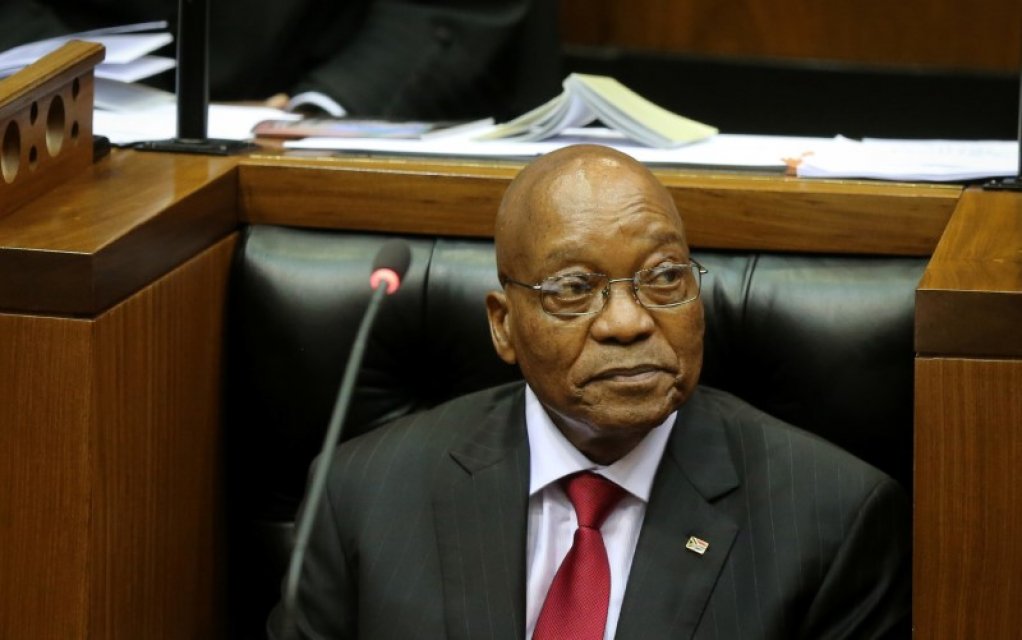South Africa's top court began hearing legal arguments on Friday on whether ex-president Jacob Zuma can run for parliament, a case whose outcome will affect a wide open national election on May 29 and could cause security problems if he loses.
Zuma, 82, who was forced to quit as president in 2018 and was sentenced to jail in 2021, has fallen out with the ruling African National Congress and has been campaigning for a new party, uMkhonto we Sizwe (MK).
Polls suggest the ANC will lose its majority after 30 years in power, and MK represents a threat to it, especially in Zuma's home province of KwaZulu-Natal where he is popular. His presence on MK's list of candidates is crucial to the party's appeal.
The case stems from a decision in March by South Africa's electoral commission to disqualify Zuma on the basis that the constitution prohibits anyone given a prison sentence of 12 months or longer from holding a parliamentary seat.
In 2021, Zuma was sentenced to 15 months in jail for failing to appear at a corruption inquiry.
In April, a court overturned the disqualification, saying the relevant section of the constitution applied only to people who had had a chance to appeal against their sentences, which had not been Zuma's case.
The electoral commission challenged that decision in the Constitutional Court, which began hearing the case on Friday with Zuma sitting in the courtroom.
It has not said when it will issue its ruling. Koos Malan, a professor of public law at the University of Pretoria, said he expected the court to act quickly as it would be keenly aware of the charged political situation.
"The court obviously also knows that Mr Zuma has considerable support in KwaZulu Natal. They also know that there is the possibility of a major disruption should Mr Zuma be disqualified to stand as a candidate," he said.
He cited events in July 2021, when news of Zuma's jail sentence triggered riots in the province in which more than 300 people died, and which morphed into a wider spate of looting.
Over 100 of Zuma's supporters gathered outside the court, wearing MK party colours or Zulu traditional attire. The party's merchandise was on sale, and members sang songs praising Zuma's leadership.
MK named itself after the ANC's former armed wing from the apartheid era. The ANC tried to have the party removed from the ballot on the grounds that its name and logo were closely associated with its own history, but an electoral court ruled in MK's favour in March.
EMAIL THIS ARTICLE SAVE THIS ARTICLE
To subscribe email subscriptions@creamermedia.co.za or click here
To advertise email advertising@creamermedia.co.za or click here











